By Sufuyan Ojeifo
Short of saying, whether you vote or not, we will win, Kano state governor, Dr. Abdullahi Ganduje, who is locked in a supremacy battle with his erstwhile boss, former governor of the state and current senator, Rabiu kwankwaso, for the political soul of Kano, was boasting, the other day, of his capacity to mobilise and return five million votes for President Muhammadu Buhari, if he contests, in the 2019 presidential election. That is quite massive in a situation where it is realistic or doable!
For me, Ganduje’s declaration was nothing but a day-dream. But then, it could be preparatory to some advanced forms of rigging because, in the first instance, the figure of registered voters in Kano in the 2015 general elections was 4,943,862. Assuming, arguendo, that the figure goes up to between five and six million after the continuous voter registration, can the governor guarantee that five million voters would cast their votes for Buhari, especially if the leading opposition party decides to field a formidable northerner and possibly a Fulani man against the president?’
I see Ganduje’s braggadocio, which feeds on the desperation to secure the solid backing of Buhari and the federal might with which to contain Kwankwaso and capture Kano for his governorship re-election enterprise, as a shallow strategy to build or create a mindset and prepare the ground for election rigging in the state in 2019. He had test-run his rigging plan with the massive deployment of under-age voters in the recent local government election in which only the APC participated and won all the forty-four local government chairmanship positions as well as all the councillorship seats.
Ganduje had, against the run of rational electoral strategy, unraveled too early, thus drawing global attention to Kano. Recall that the state gave Buhari the highest votes of 1,903,999 million votes in 2015 amid reported manipulation of the election. Therefore, Kano, as a potential swing state, must be closely monitored in 2019. Jonathan reportedly failed to monitor Kano and he got 215,779 votes. But curiously, the electoral process did not record a single voided vote, given the high illiteracy level of the vast majority of Kano electorate.
Without a doubt, the manipulation of the presidential election in Kano was a mockery of the right of the electorate to choose their leader. Despite the “landslide victory” that Kwankwaso assisted Buhari to get in Kano, certain developments cast a pall on the squalid narrative of how Jonathan was defeated, to wit: the strange one million votes’ disparity recorded for the National Assembly and presidential elections that held simultaneously; and, the controversial death of the Kano Resident Electoral Commissioner (REC), Mikaila Abdullahi, his wife and two daughters in a strange fire that gutted their home. There was speculation that the late REC was ill at ease with the electoral fraud and was probably going to spill the beans. But those who fixed it were apparently not ready to take prisoner.
Jonathan did not challenge the manipulation of the elections during which card readers were discarded in Kano and some other core northern states at the commencement of the presidential election. So far, INEC had tactically refused to publish data from the card readers because it was a colossal failure: the machine recorded about 85 percent failure in Kano, with little or no significant number of “incident forms” to complement it.
It was equally shocking that despite the fear of Boko Haram insurgents, which had led to massive emigration from Borno, Yobe and Adamawa ahead of the 2015 elections, Borno state, for instance, still returned huge votes of about 473,543 for Buhari and 25,640 votes for Jonathan. It was illogical for a troubled state to have returned huge votes while peaceful states in the south and north central zone returned unusually low figures, having been deliberately pegged down by the mandatory use of “ineffective” card readers.
Ganduje was perhaps very familiar with the strategy that produced the 2015 farcical presidential election results that gave victory to Buhari and is now probably planning to re-enact it with some modifications. Otherwise, who could have believed that an elderly Ganduje, who played the humble and loyal servant to Kwankwaso as deputy governor from 1999 to 2003, special adviser to Kwankwaso when the former governor was minister of defence and again deputy governor from 2011 until 2015 when Kwankwaso decided to enthrone him as his successor, has capacity for political chicanery and electoral mischief?
The governor has shown his combat readiness to embark on proxy battles for the powers-that-be in Abuja against any opposition to Buhari’s re-election bid, if he decides to contest. It is obvious that Ganduje is trying to be clever. He wants to ride on Buhari’s mythical popularity to win re-election as governor. That strategy is not as assured as it looks because Buhari’s popularity in the north and the cult-like followership that he enjoyed prelude to the 2015 elections have suffered serious setbacks. The president has lost enormous goodwill.
The northern consensus that produced him has been fractured. 2019 presents a different scenario. It is going to be Buhari, if he contests, versus another formidable northern candidate. Therefore, unlike 2015 when he enjoyed bloc votes from the north against Jonathan, a southerner, the votes would be shared this time round. The southern part of the country would become the game changer or the poll decider.
In 2007, the Peoples Democratic Party (PDP) presented Umaru Yar’Adua, a Fulani, as its presidential candidate in the election in which Buhari was also a candidate. Buhari was beaten silly. Yar’Adua garnered about 24 million votes while Buhari got a little over 6 million votes. That has evidently knocked the bottom off the assertion by a former Board of Trustees’ member of the PDP, Chief Don Etiebet, that Buhari has a constant pool of 12 million votes in the north that he has been appropriating since 2003 when he began his quest for the presidency.
Buhari got it in 2003 when he contested against Obasanjo; he got it in 2011 when he contested against Jonathan and, of course, about 15 million in 2015 that saw him defeat Jonathan, but he never got it in 2007 against Yar’Adua, a formidable northerner. The records are there. I laughed off Etiebet’s analysis of Buhari’s northern support base of 12 million ready-made votes in Sunday Vanguard of February 26, 2018. The analysis was so simplistic, pitiably sycophantic and awkwardly patronising. The APC chieftain called on a mutative political stereotype to justify his jaundiced assertion. It was the height of political fraudulence designed to rig 12 million votes for Buhari.
In 2019, the northern votes will be greatly divided by leading northern candidates of frontline parties, especially now that the presidency of Buhari, these past three years, has brought about further impoverishment of the masses, especially in the north. There is, therefore, a desperate search for socio-political and economic revivalism, which search cannot reinforce and sustain the languid old order.
The voting masses and the non-voting elite are now united by the common pains occasioned by leadership ineptitude, nepotistic disposition and ethno-religious chauvinism. Therefore, the masses and the elite will expectedly deploy their power of choice, using the instrumentality of their permanent voter cards, to determine their respective fate and the fates of those who jostle to preside over the affairs of the nation in 2019. It is not going to be about any “12 million votes” sitting pretty somewhere for Buhari, but about votes that will be prudently cast after considering the anguish in the land and the need for national redemption.

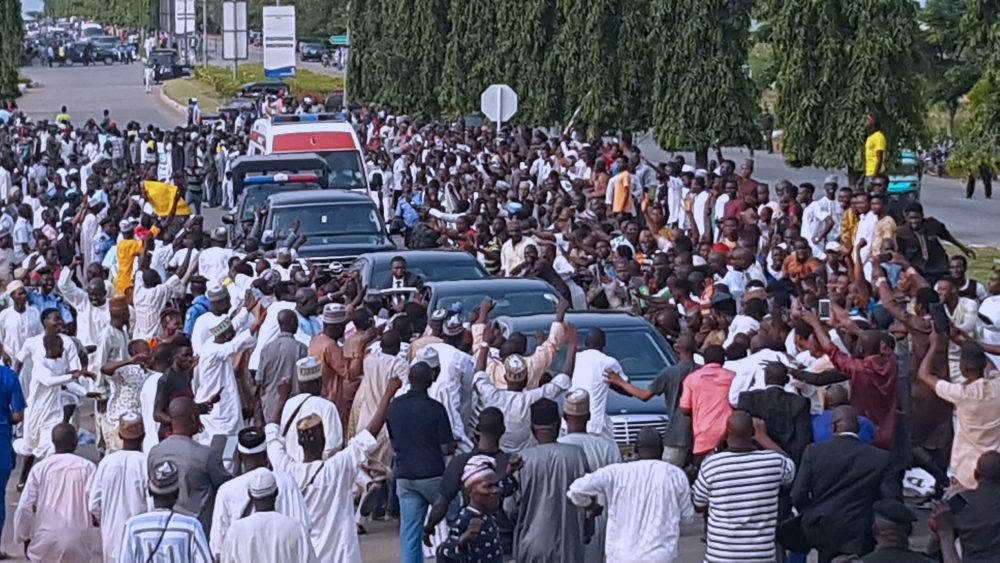












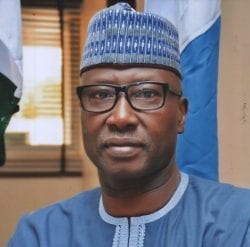







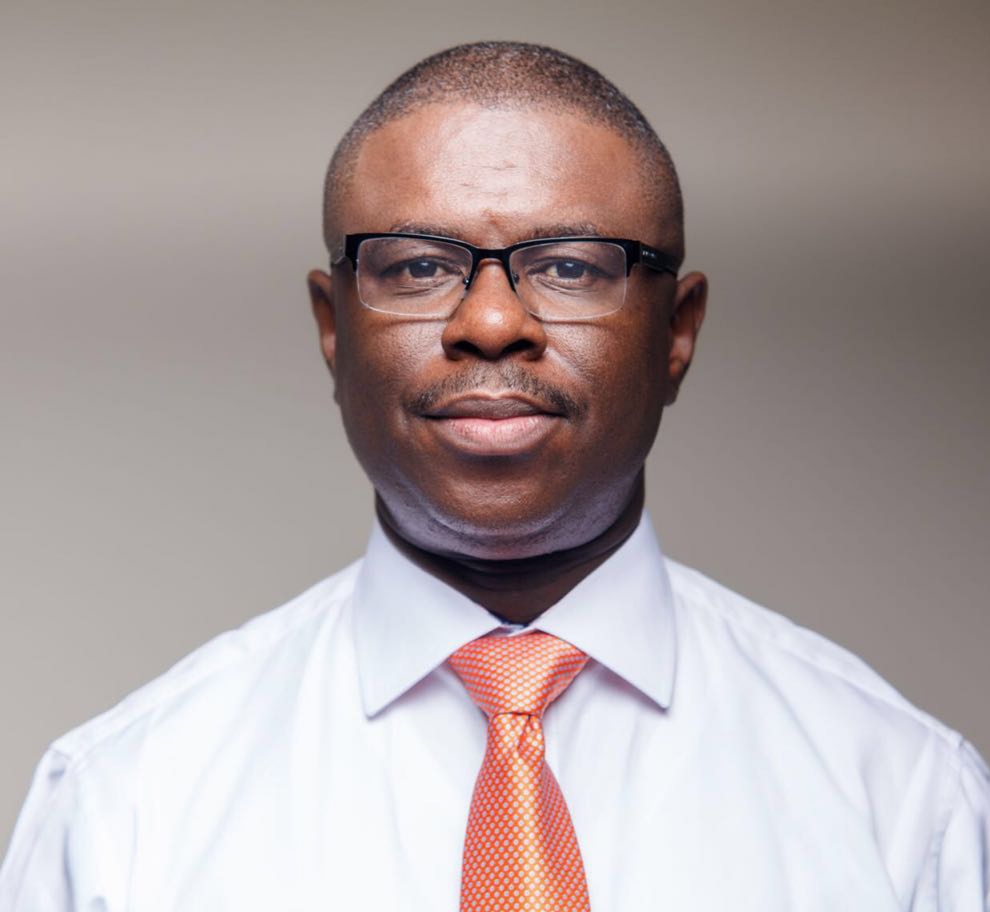


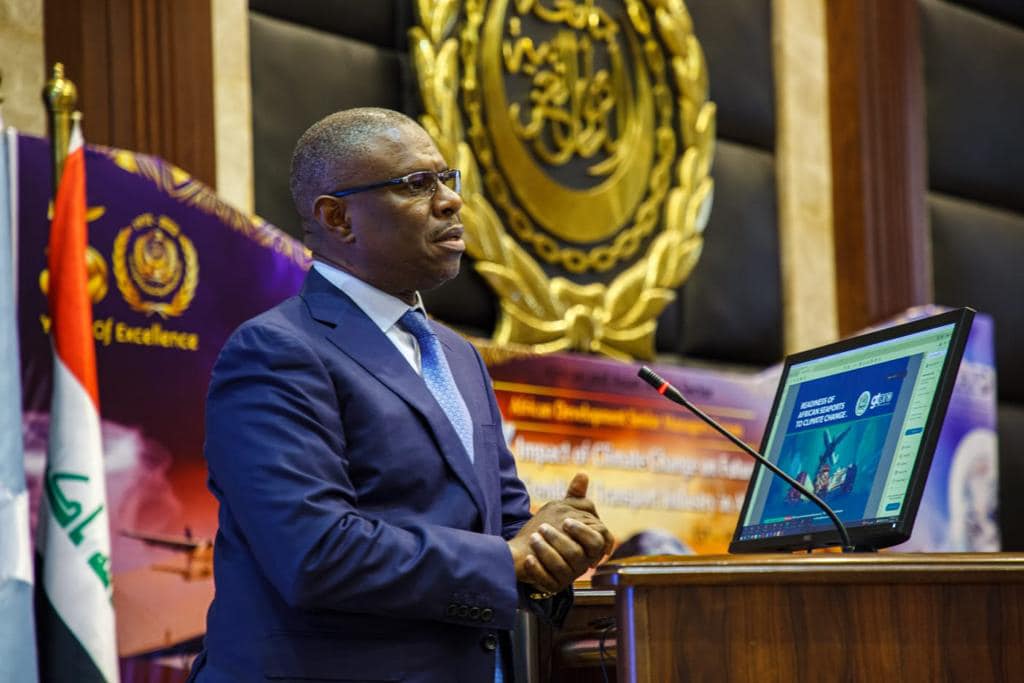

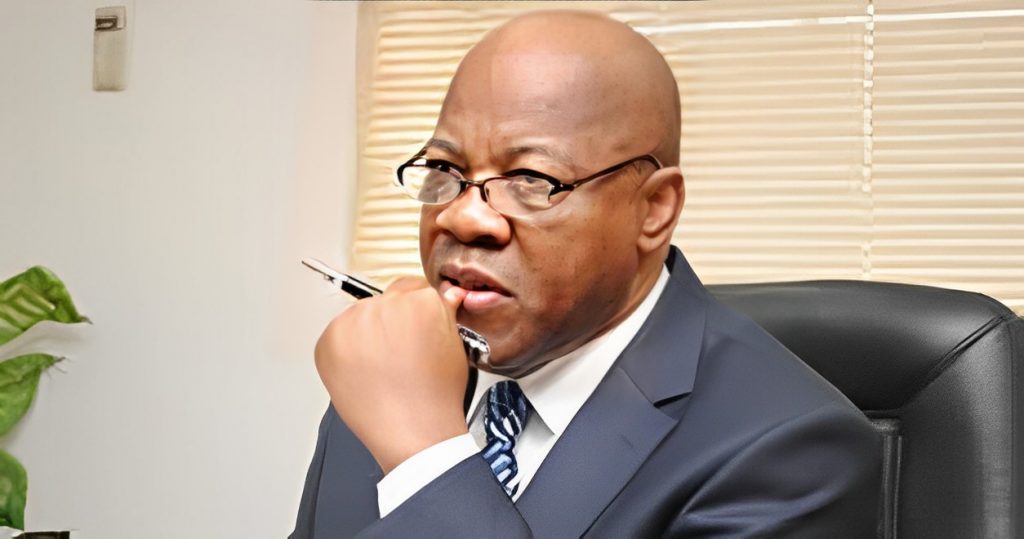
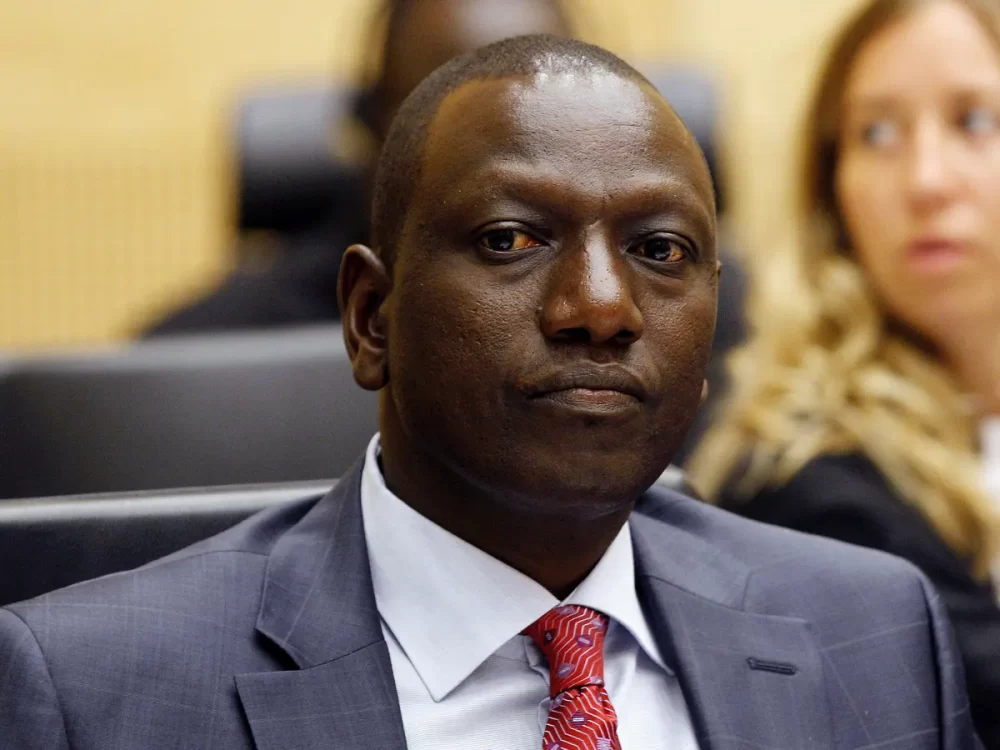
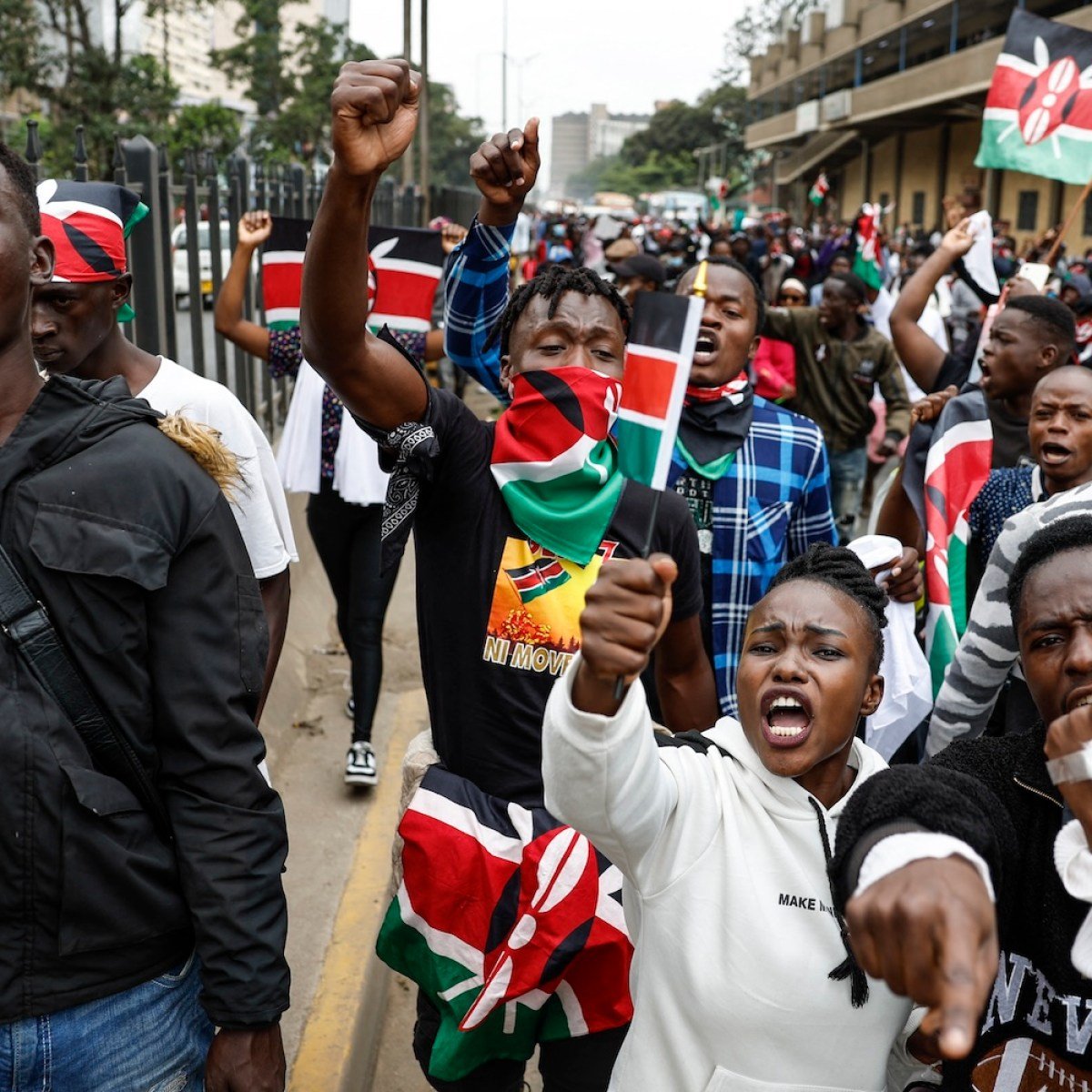


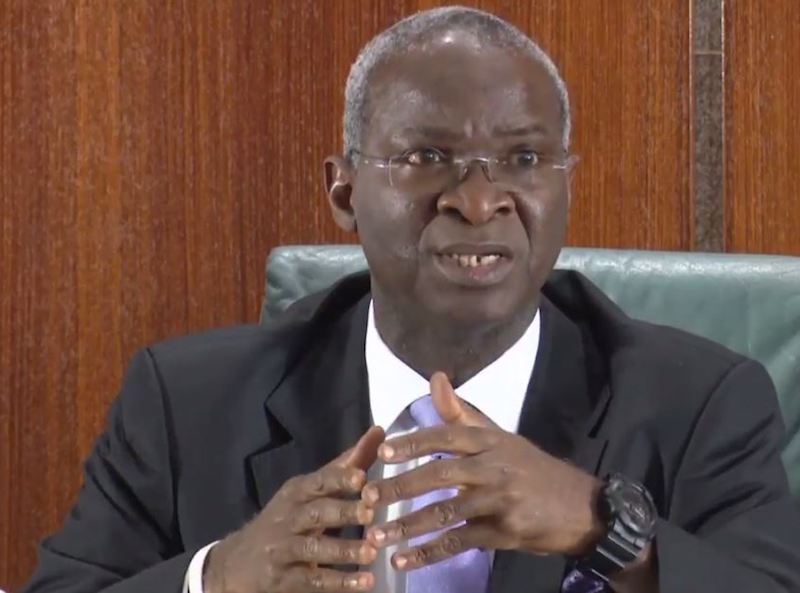
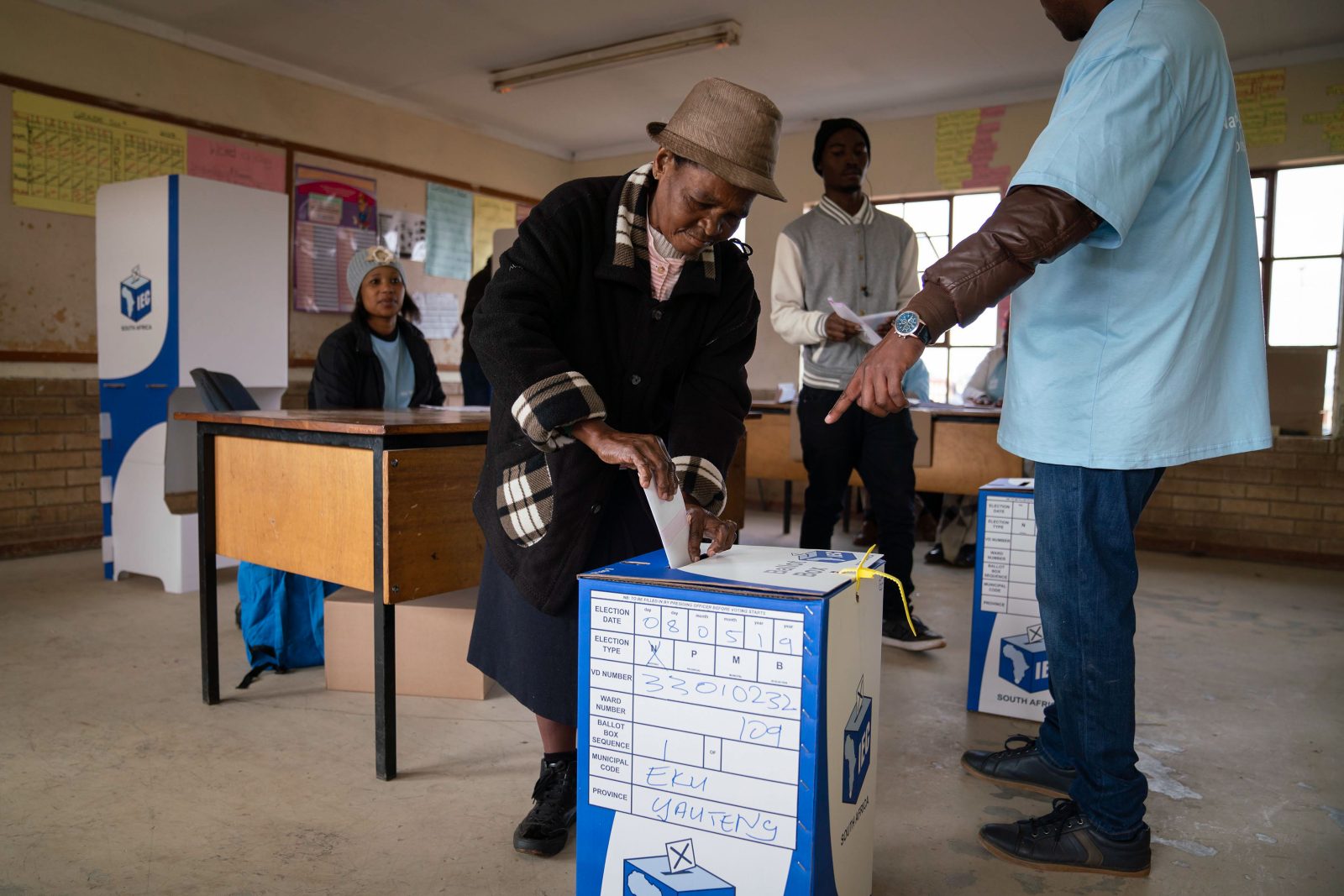

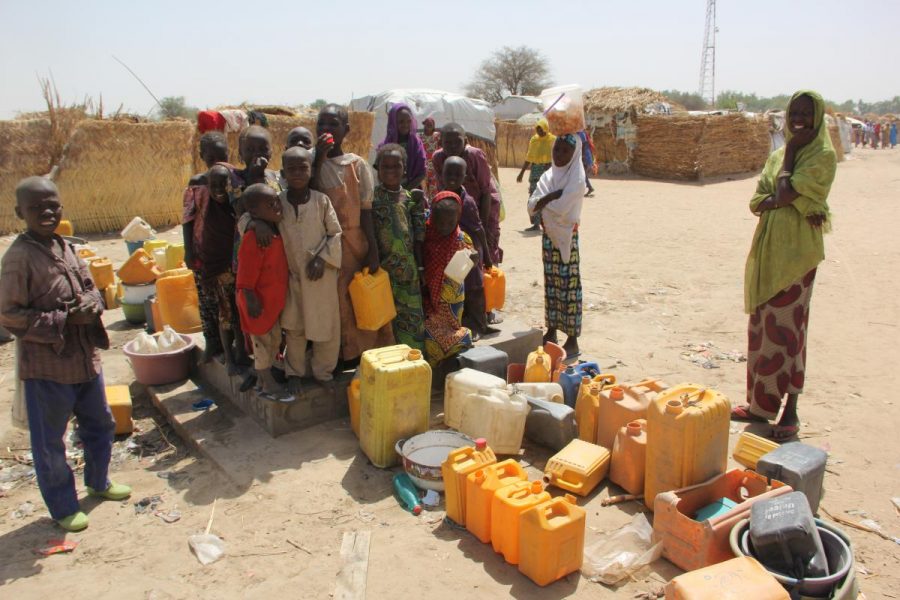
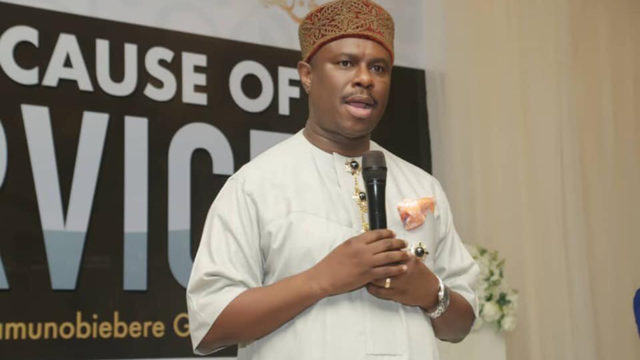
Leave a comment